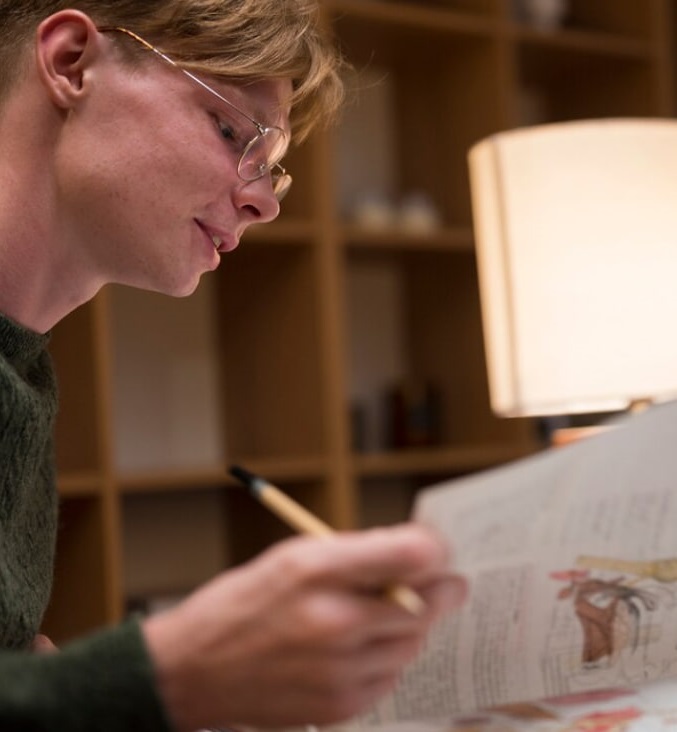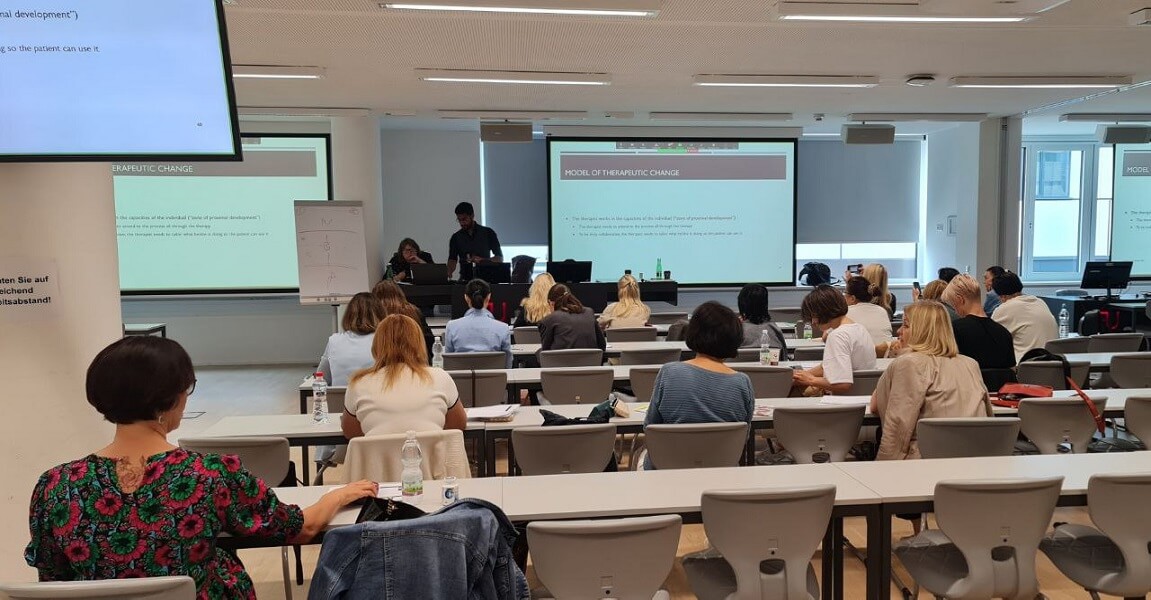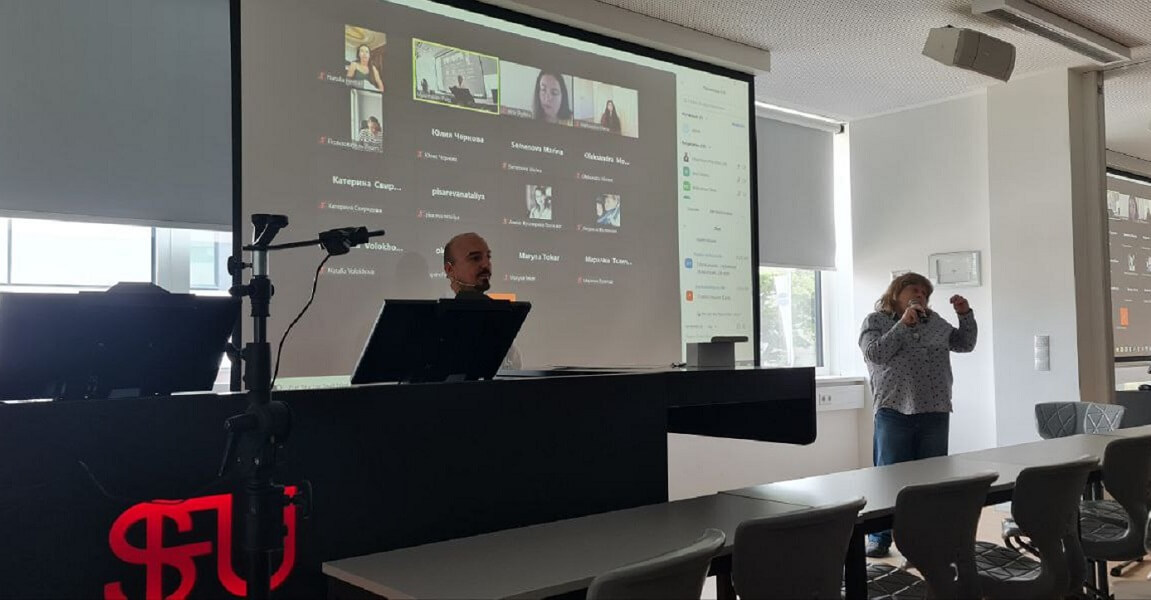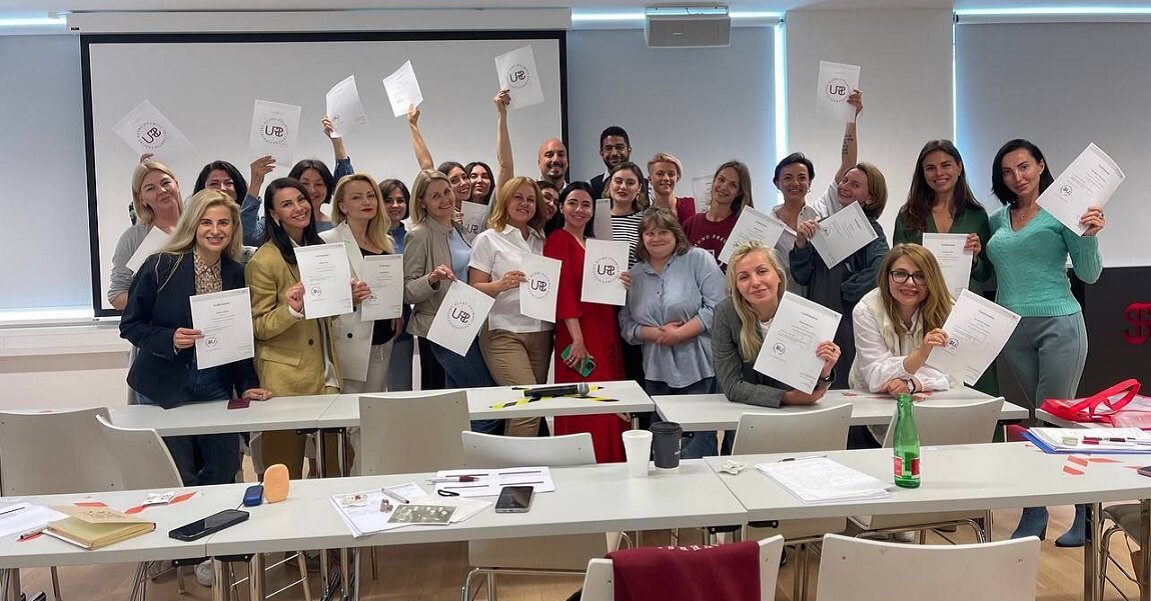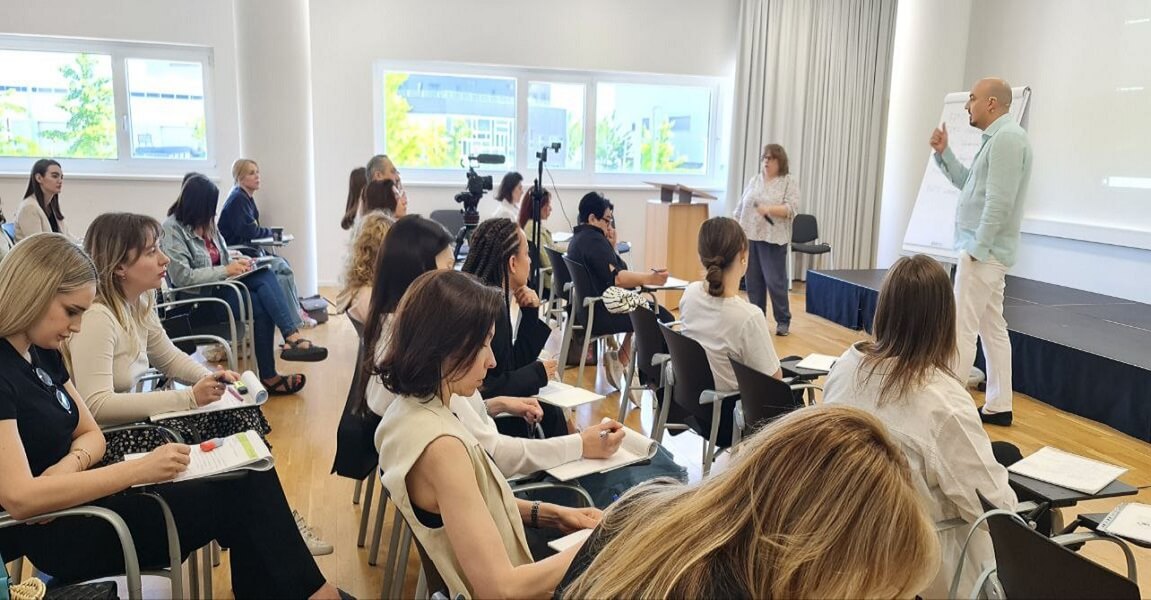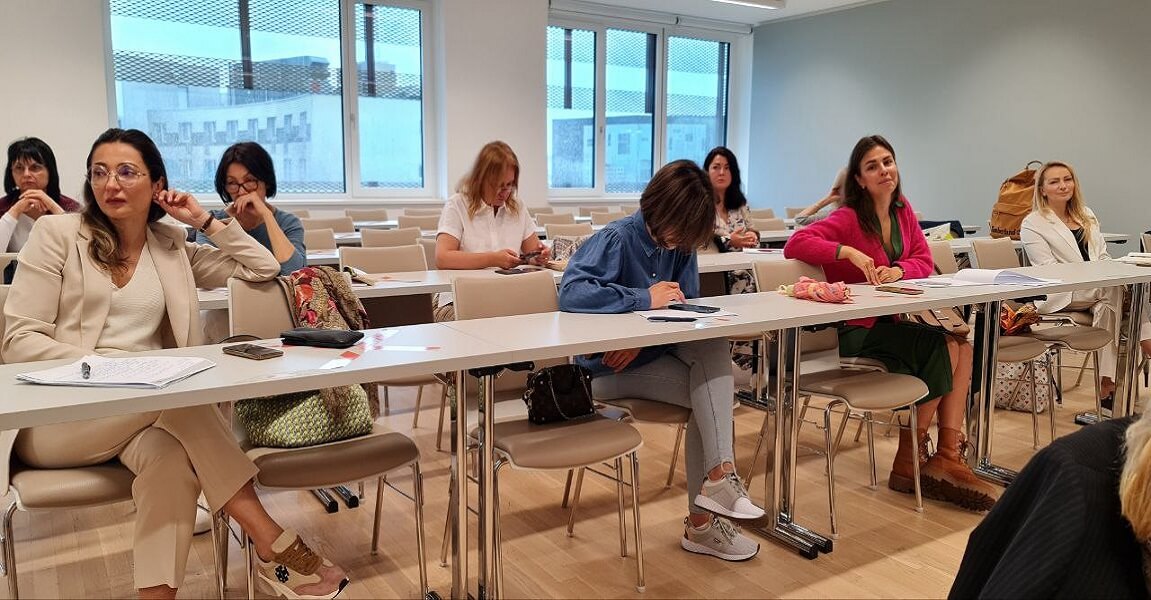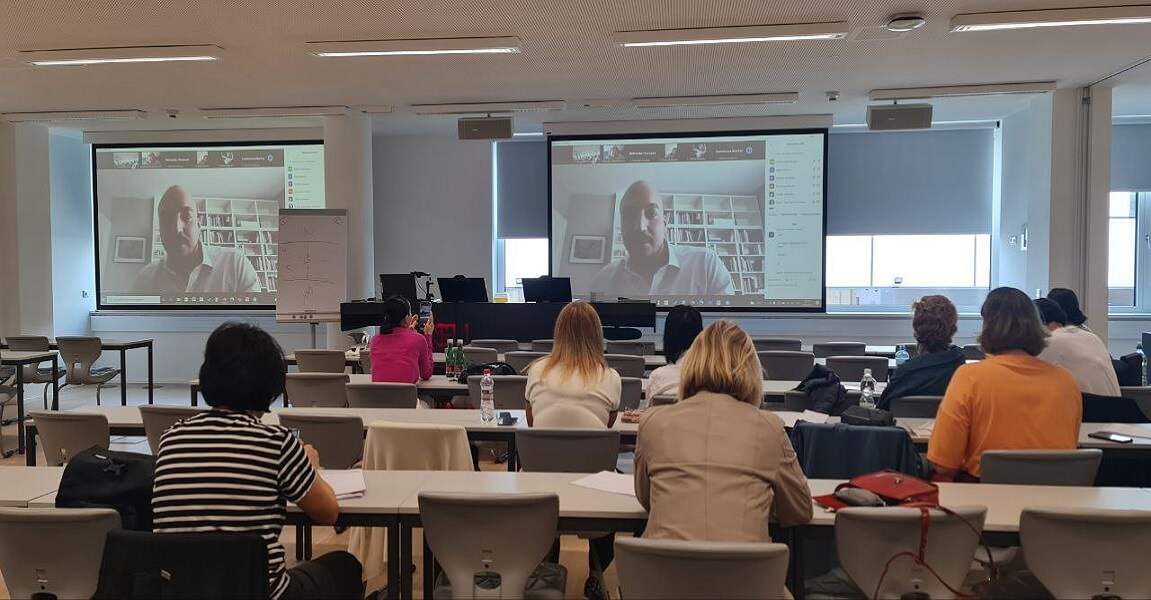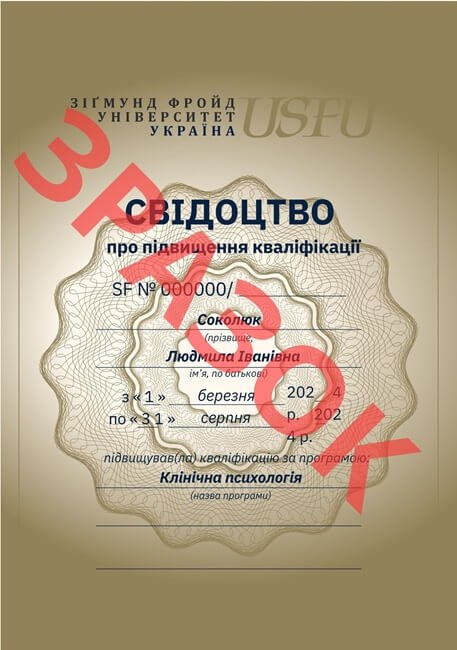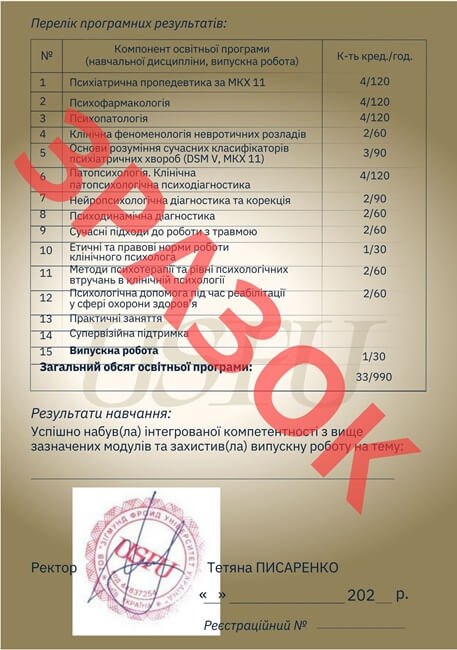Qualification requirements:
- Students who attend all the listed lectures from February to April and pass the final test with at least 60 points will receive a Certificate for 2 ECTS credits (60 hours, including 40 hours of class time and 20 hours of independent work).
- Students who attend all the listed lectures from February to April, pass the final test with at least 60 points, and provide a draft version of a scientific article completed using one of the proposed methodologies in May will receive a Certificate of professional development for 3 ECTS credits (90 hours, including 40 hours of class time and 50 hours of independent work).
February: 12, 19, 26
March: 05, 12, 19, 26
April: 02, 09, 16
Time: 15:00-16:20, 16:40-18:00

Description:
Modern global psychology has strict yet transparent requirements for planning, conducting, and describing scientific research. These requirements are constantly updated and refined by the best experts in the world. In addition to the widely known requirements for validity, reliability, and representativeness, a number of new important standards for conducting research have been added. In particular, the most prestigious scientific journals worldwide require authors to follow the values of open science and use the best methodological solutions so that the research results can be published as those that inspire a sufficiently high level of trust. Ukrainian psychologists-researchers should also be aware of the most current research designs, corresponding methodological checklists, and data analysis methods.
Ukraine Sigmund Freud University invites scientists-psychologists and those who plan to become one, to a professional development course that will shape and deepen your understanding of scientific research in psychology and change your approach to organizing and describing scientific investigations. You will gain solid knowledge and skills in working with a range of research designs: from theoretical to empirical, from qualitative to quantitative.
Scientific article on psychology in the journal Q1: how to conduct, describe and publish research
Dr. Олександр Виноградов — candidate of psychological sciences, associate professor, psychologist-psychodiagnostician, researcher in social psychology and personality psychology, expert in psychometrics, board member of the Ukrainian Psychometric Society, author and co-author of articles in Scopus | WoS journals, including Q1. He studied data analysis at the University of Munich (Germany), Umeå University (Sweden), and the University of Illinois (USA).
Dr. Марʼяна Великодна — candidate of psychological sciences, associate professor, certified EuroPsy psychologist, certified psychoanalytic therapist, associate professor at the Department of Psychology at Ukraine Sigmund Freud University, author and co-author of articles in Scopus | WoS journals, including Q1.
Dr. Єгор Буцикін — candidate of philosophical sciences, master of psychology, expert in qualitative research, especially phenomenological, associate professor at the Department of General Education at Ukraine Sigmund Freud University, author and co-author of articles in Scopus | WoS journals.
Prof. Олена Савченко — doctor of psychological sciences, professor, psychologist, head of the Ukrainian Psychometric Society, expert in creating and adapting psychological questionnaires and tests, professor at the Department of Psychology at Ukraine Sigmund Freud University, author and co-author of articles in Scopus | WoS journals.
Lecturers
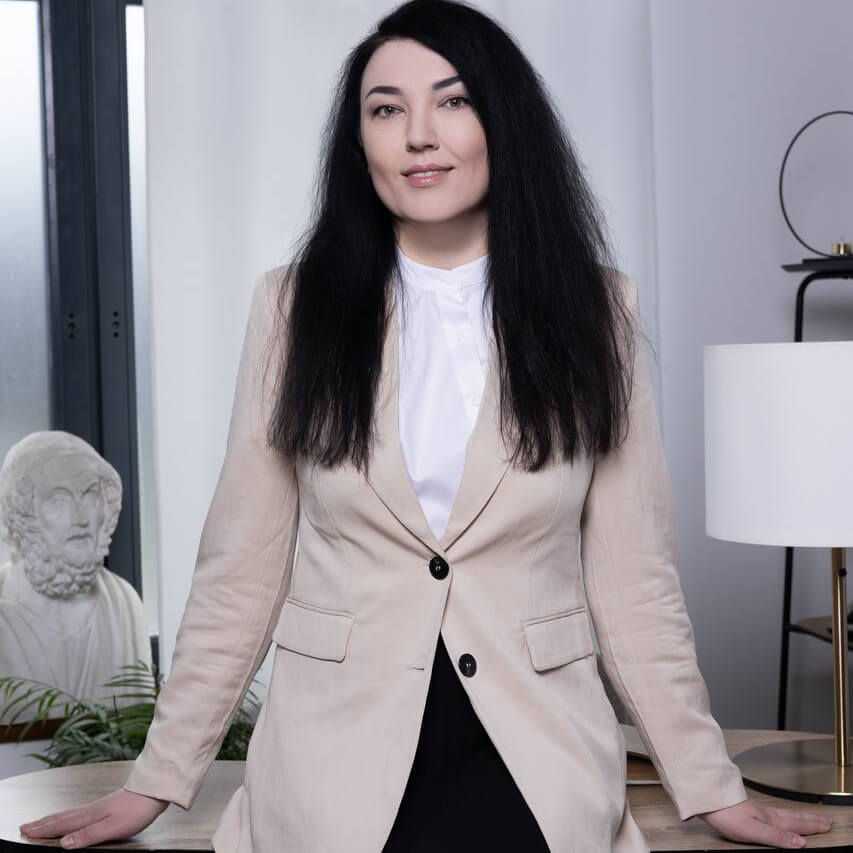
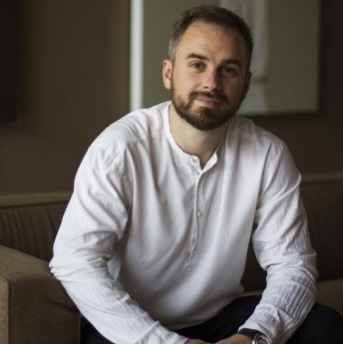
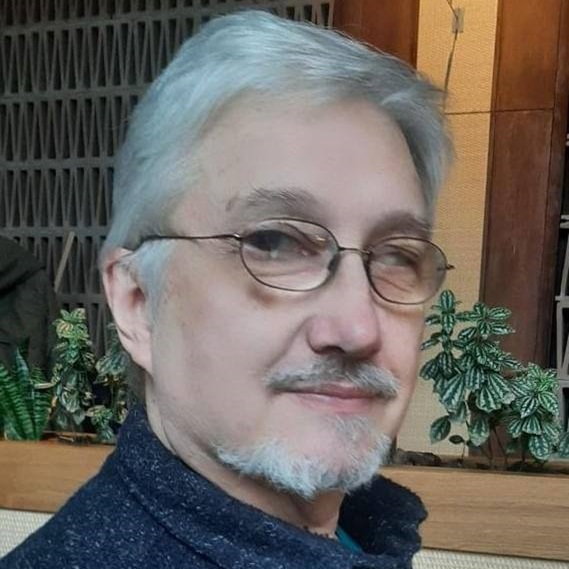
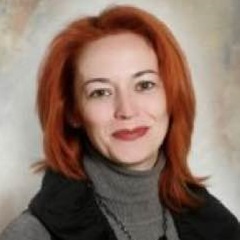

 Вхід
Вхід